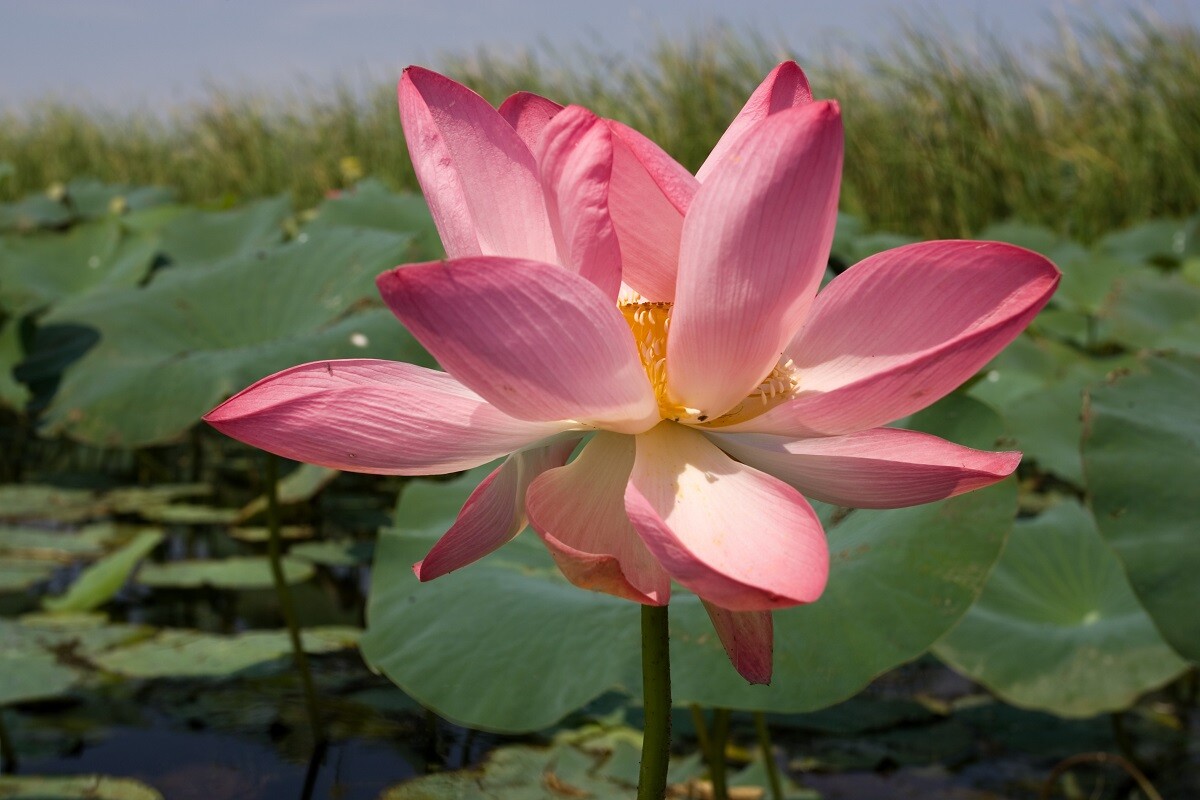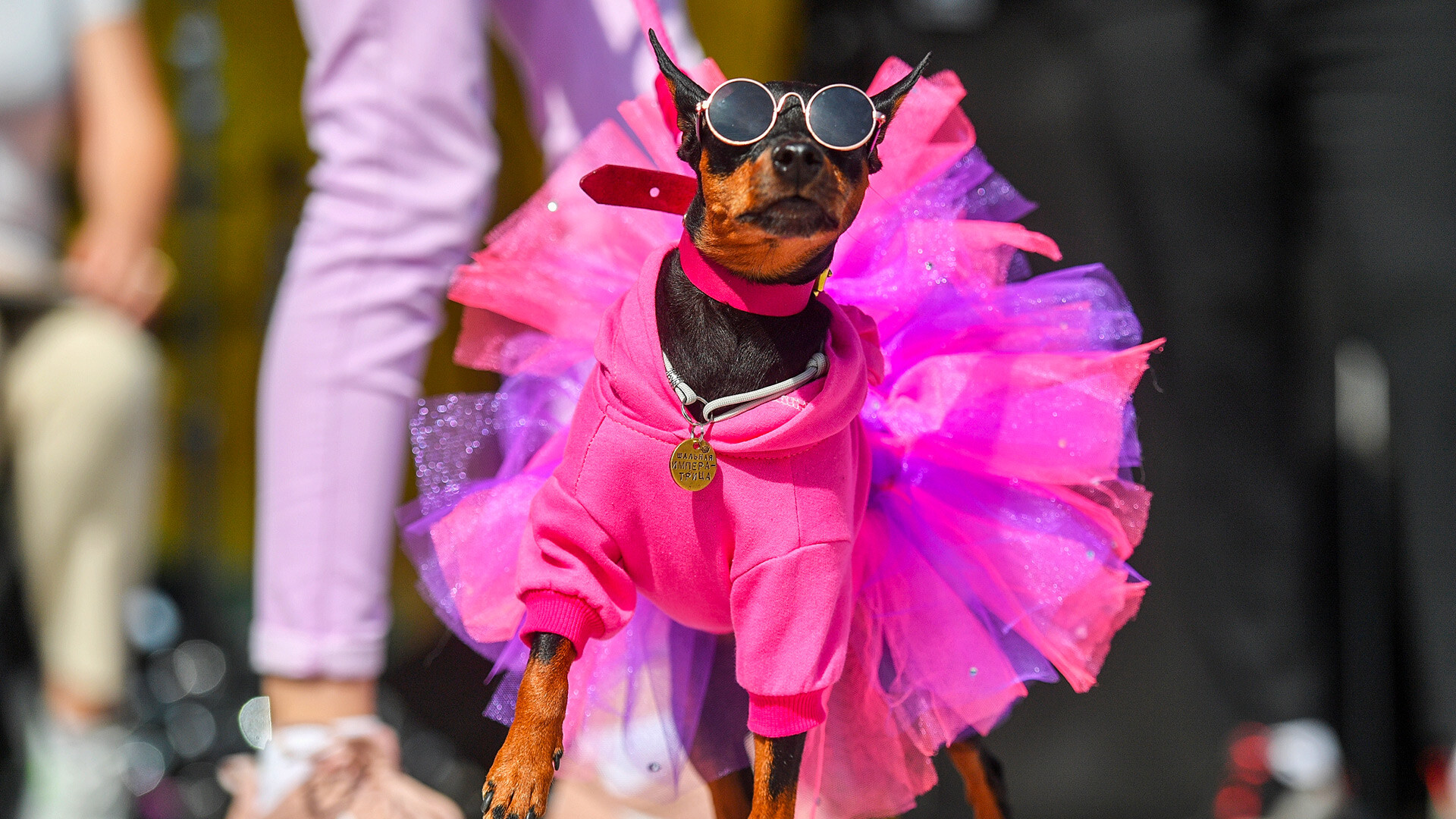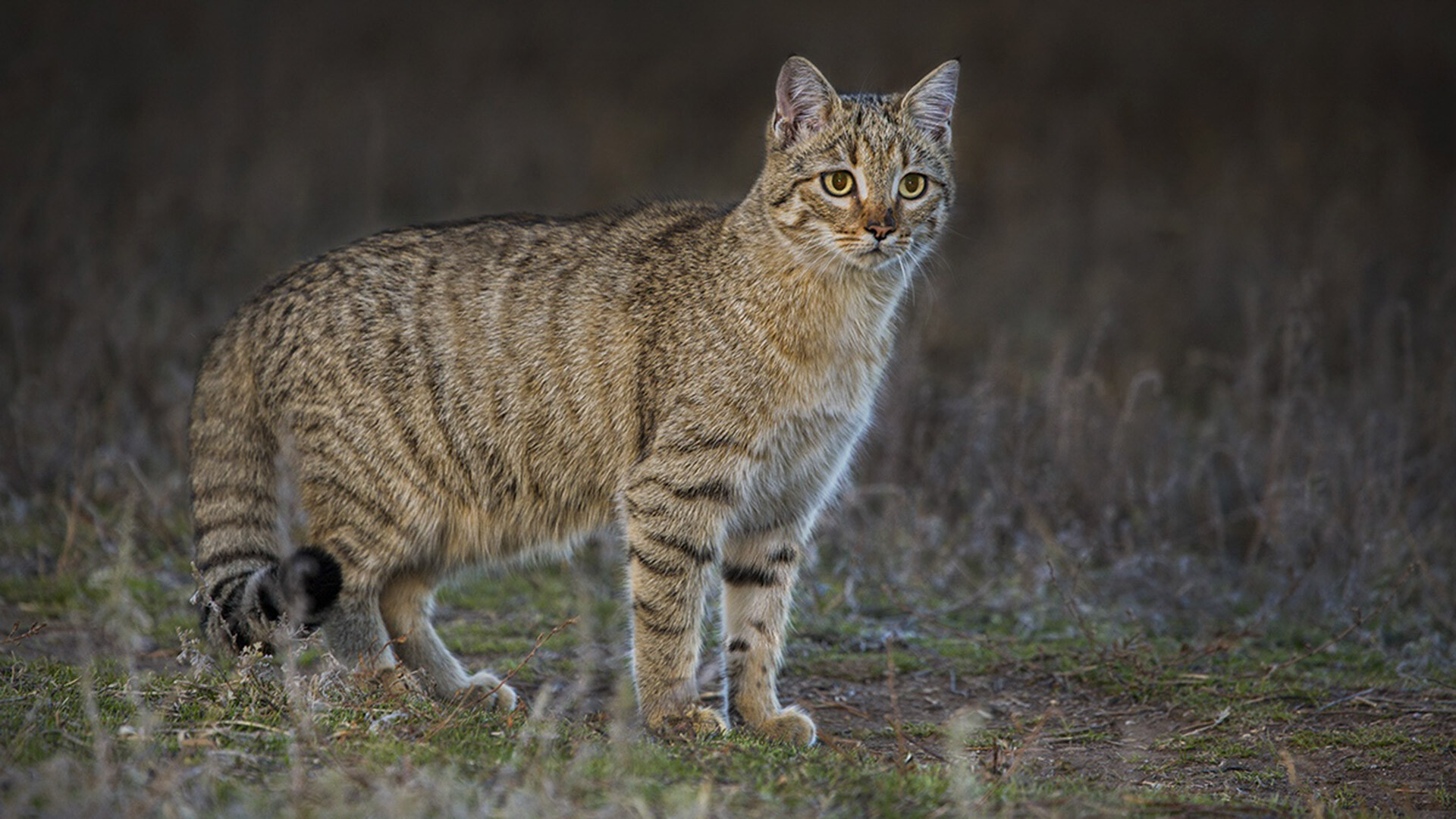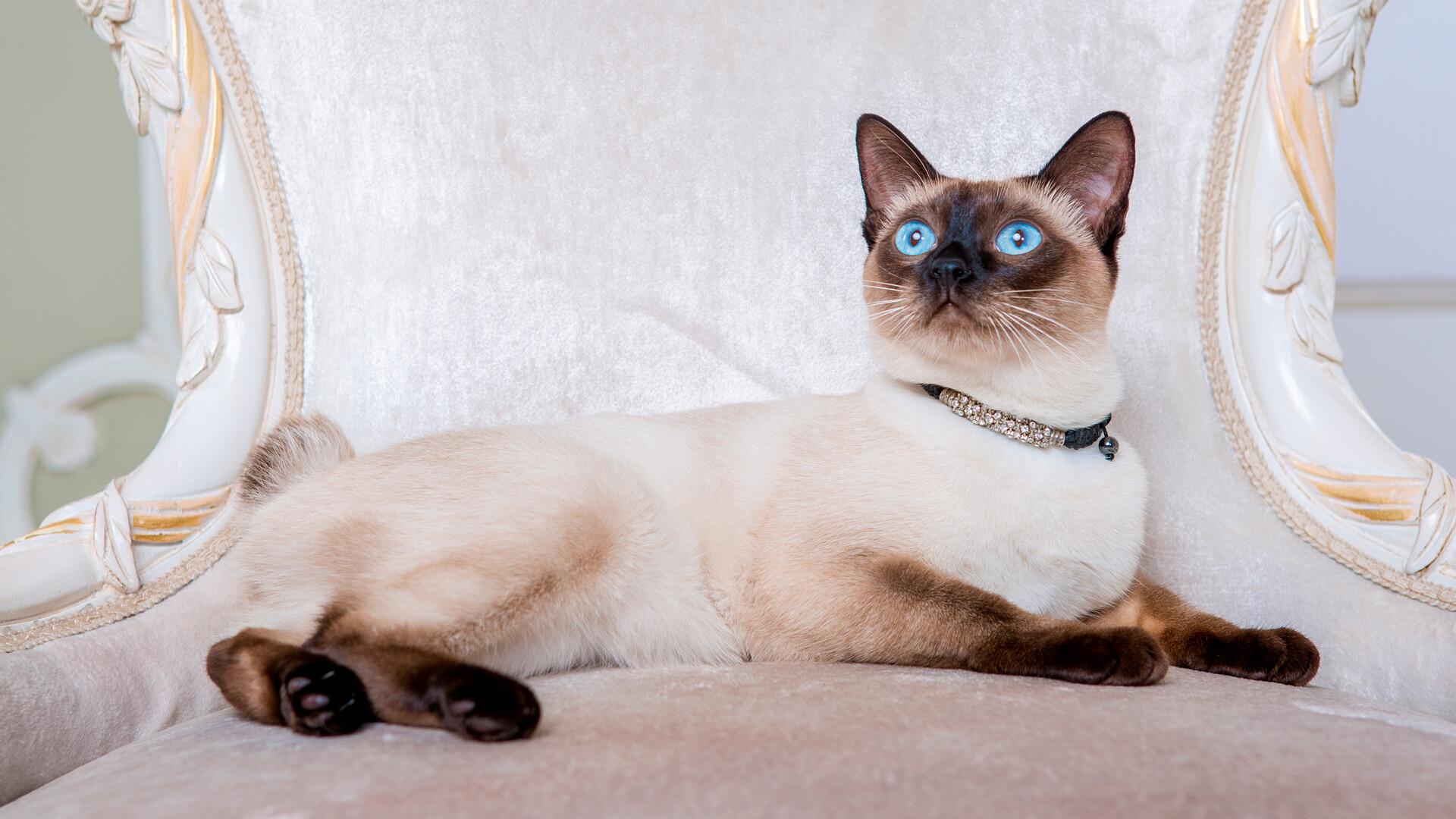
10 POPULAR Russian cat names!
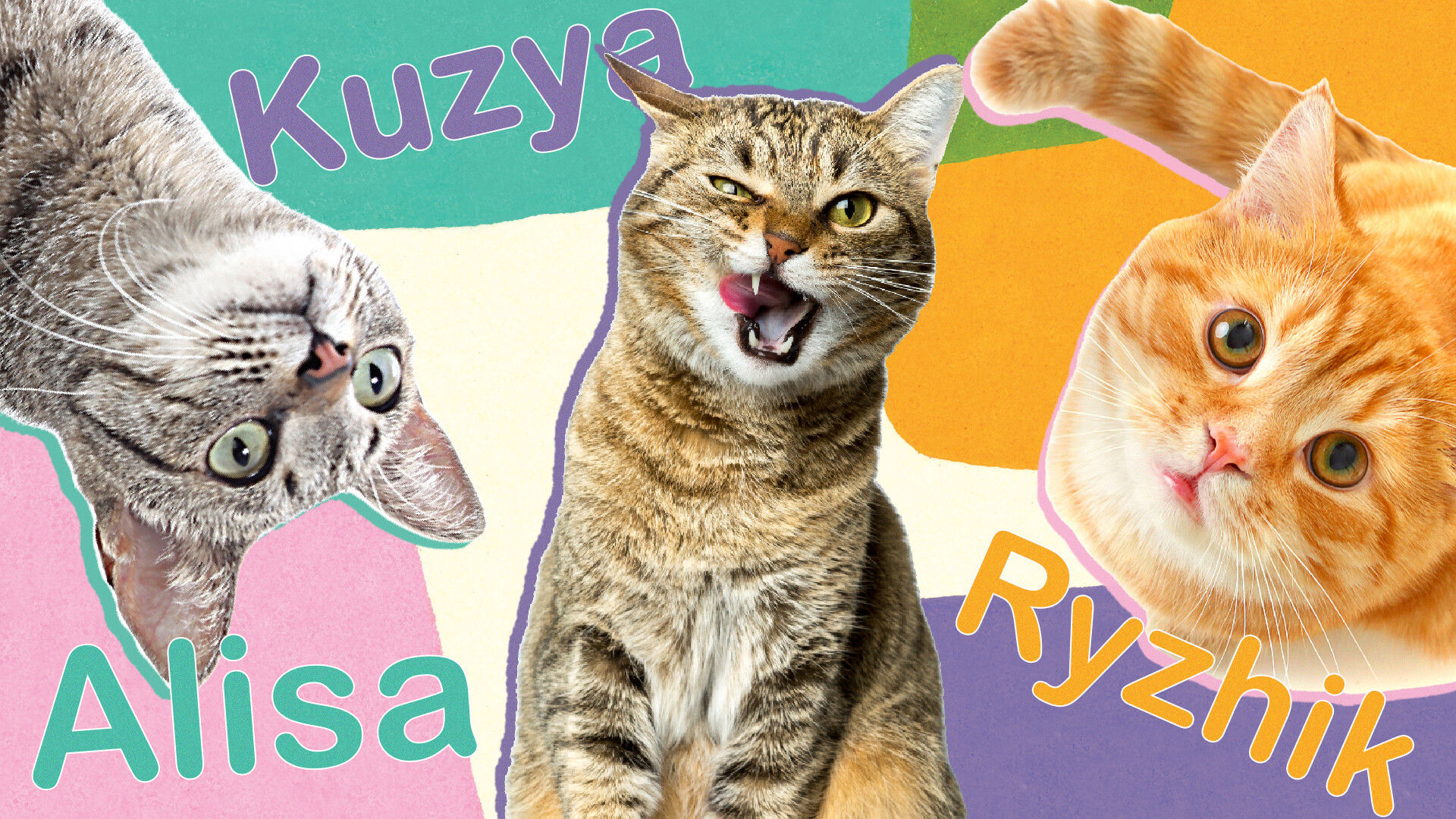
Little fact: In Russia, cats outnumber dogs by a margin of two to one and half of cat owners consider them as part of their family.
More than half of Russian cats are stray or mixed breeds and, among the pedigree cats, the most popular are British (11%), Scottish (8%), Maine Coon (3%) and Siberian (3%). In all likelihood, due to the mongrel nature of many cats, they are called “simple” names derived from human ones. In addition, Russians often like to separate names into female and male.
You can also often hear Russians call out “Murka!” to a cat on the street - it’s from the verb “to purr” (“purr” is “mur” in Russian), which literally means “someone who purrs”- but Russian cat owners come up with other names for their feline friends. Below are the most popular, according to surveys.
1. Marusya
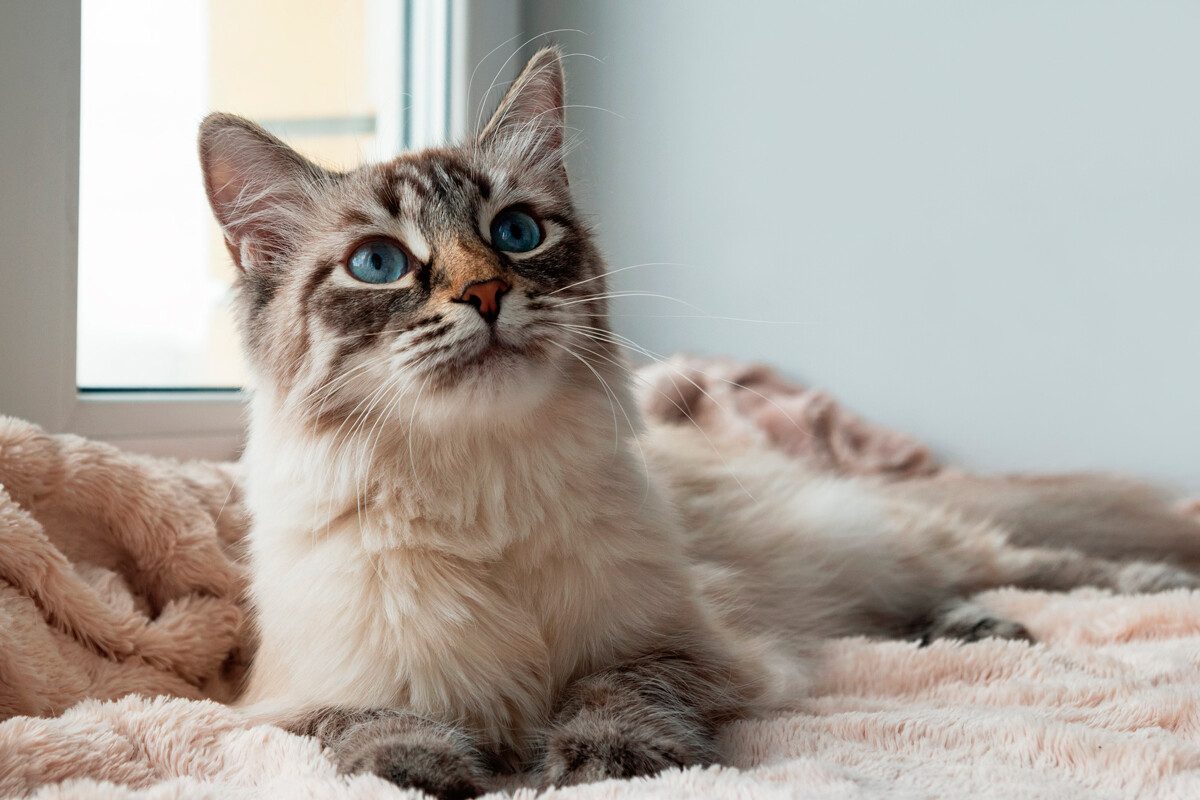
This name and other pet names formed from the name Maria - ‘Marusya’, ‘Masha’, ‘Mashka’, Masyanya. These are all female names, but it’s also the most common name for cats in Russia. From the name ‘Marusya’ the names ‘Musya’ and ‘Masya’ are also often formed and they are associated by many Russians exclusively with names for cats.
2. Vasily or Vasilisa
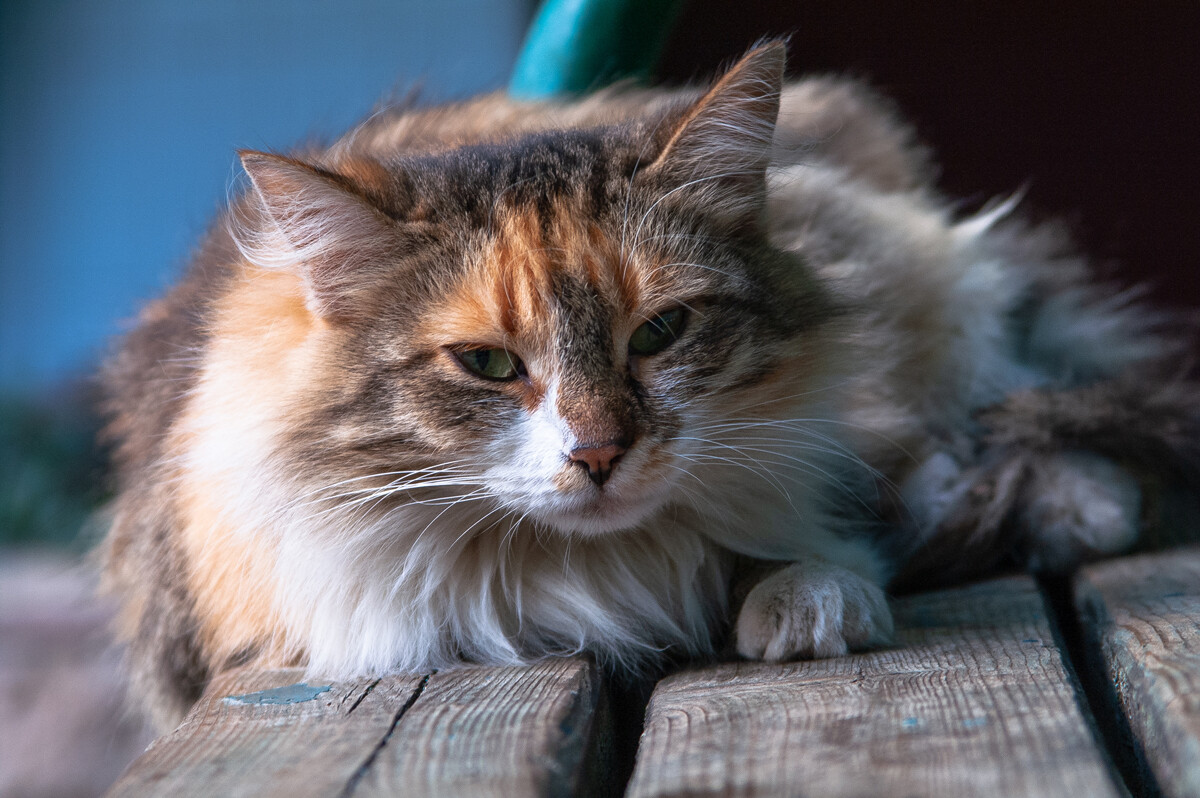
Vasya or Vaska is the top name for a non-pedigree cat in Russia, derived from the human name Vasily. It is generally associated with something simple, understandable and very, very Russian. But, the female form of the name, Vasilisa, on the contrary, is more often given to cats of “noble” origin or at least with a “kingly” character (like the Maine Coon!).
3. Bagheera
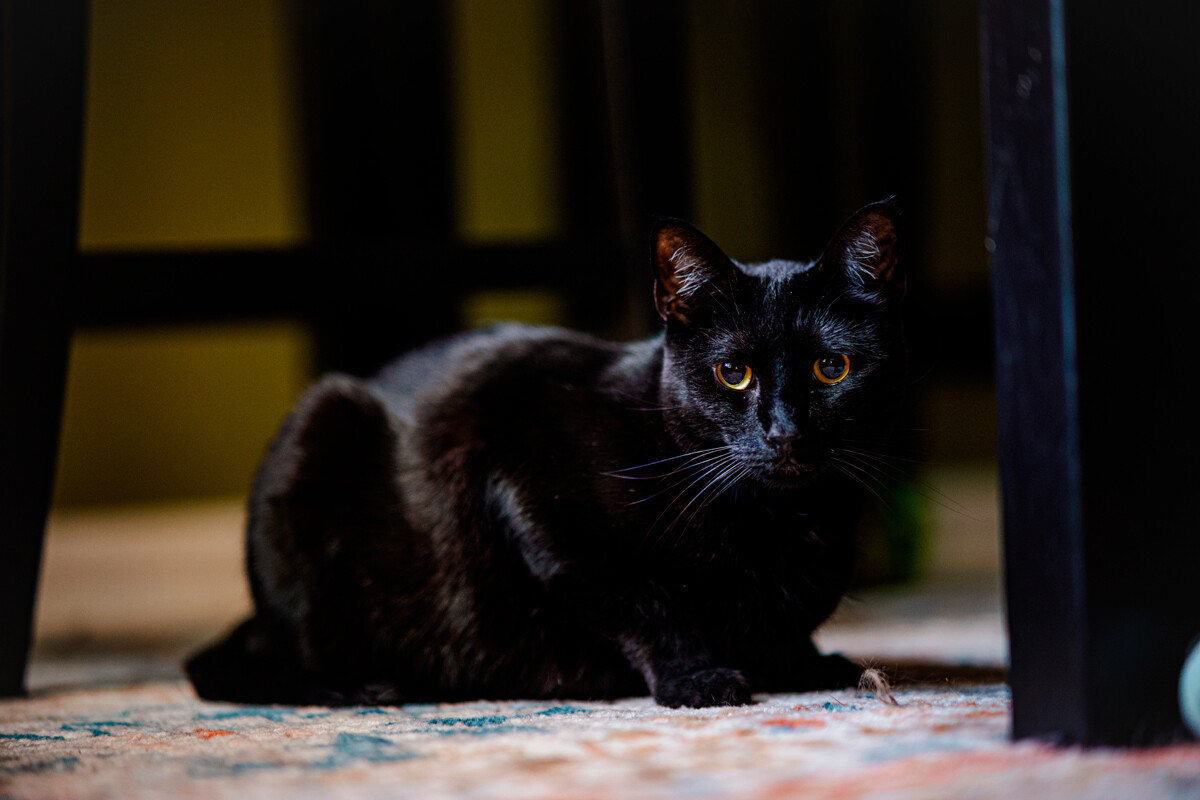
This is probably the most popular cat name in Russia, taken from literature. Bagheera is the panther from Rudyard Kipling’s ‘The Jungle Book’, translated into Russian back in 1905. So, now, people often call black cats ‘Bagheera’.
4. Barsik
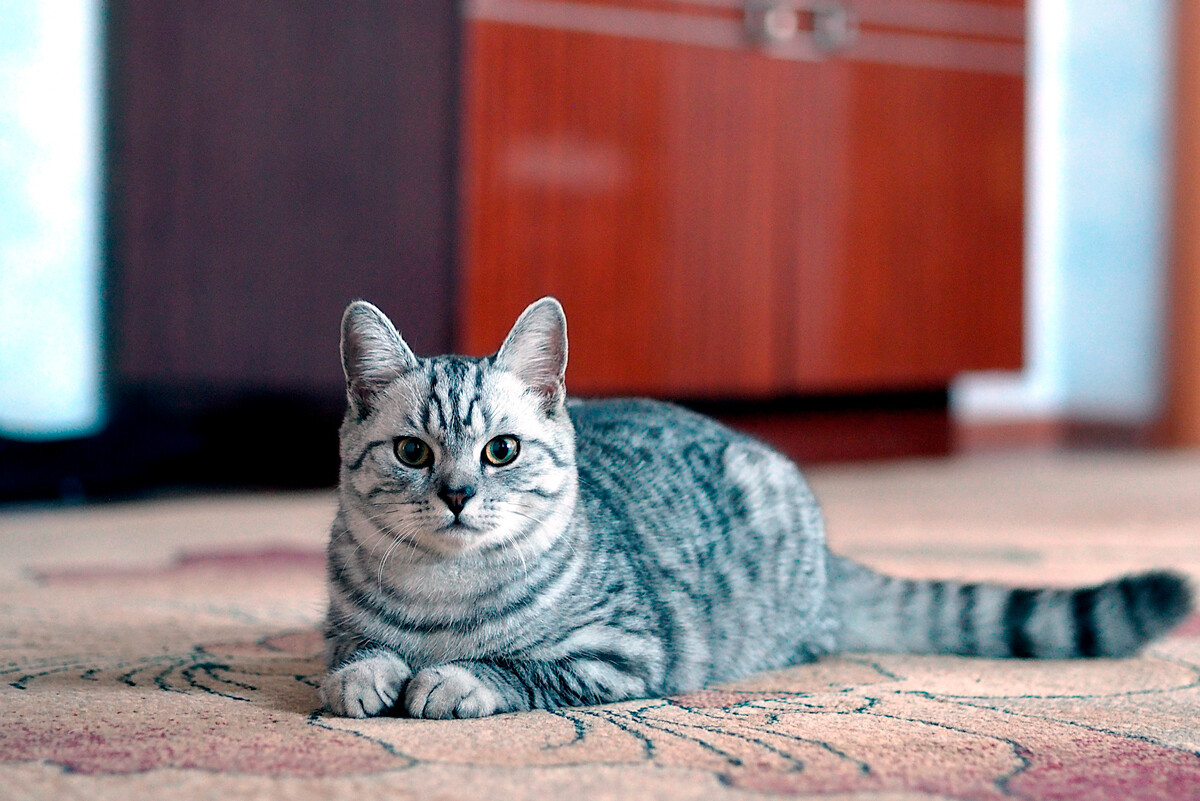
Russia is home to an amazingly beautiful wild cat, the snow leopard, called ‘Irbis’ or ‘Bars’ by some people. This cat is distinguished by its long tail, which it uses as a “wheel” when maneuvering in the mountains (more about it here). This is the name from which ‘Barsik’, the masculine nickname for domestic cats, is formed. It means “little Bars”.
5. Dymok or Dymka
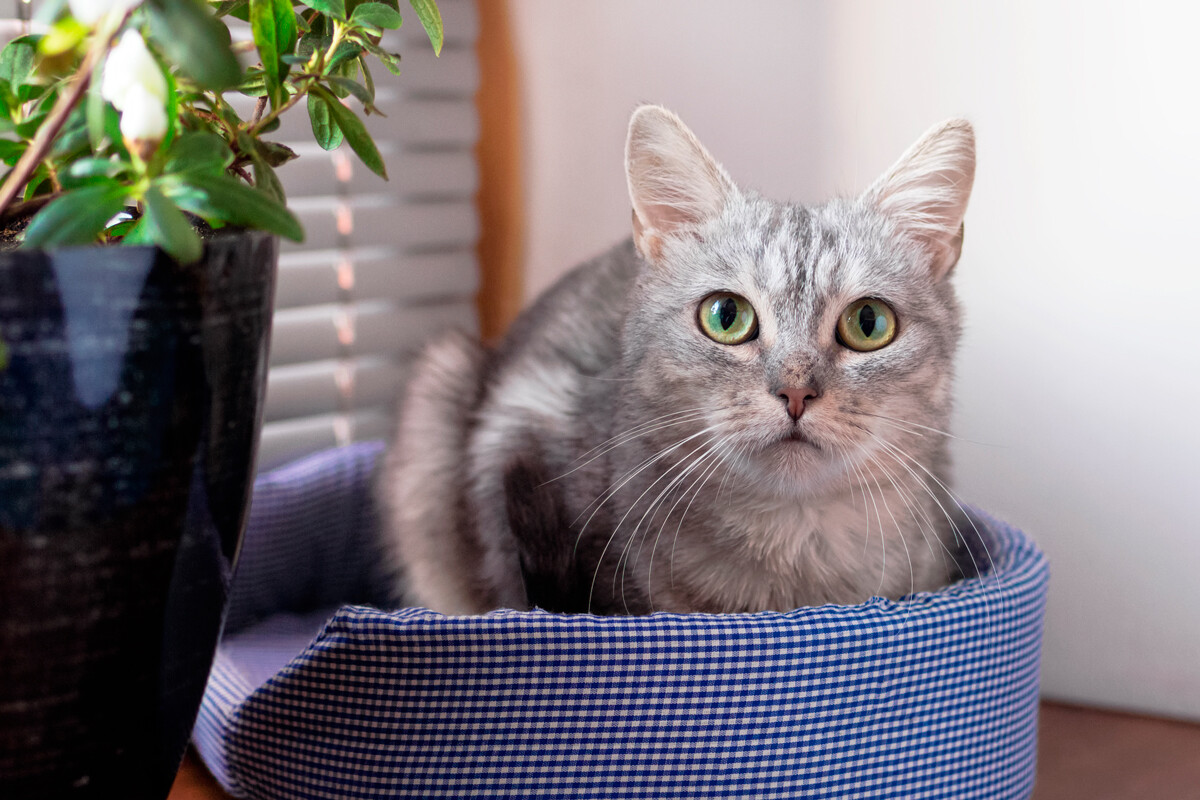
Gray cats in Russia are often called ‘Dymok’, which means ‘smokey’. The female version of this name is ‘Dymka’.
6. Ryzhik
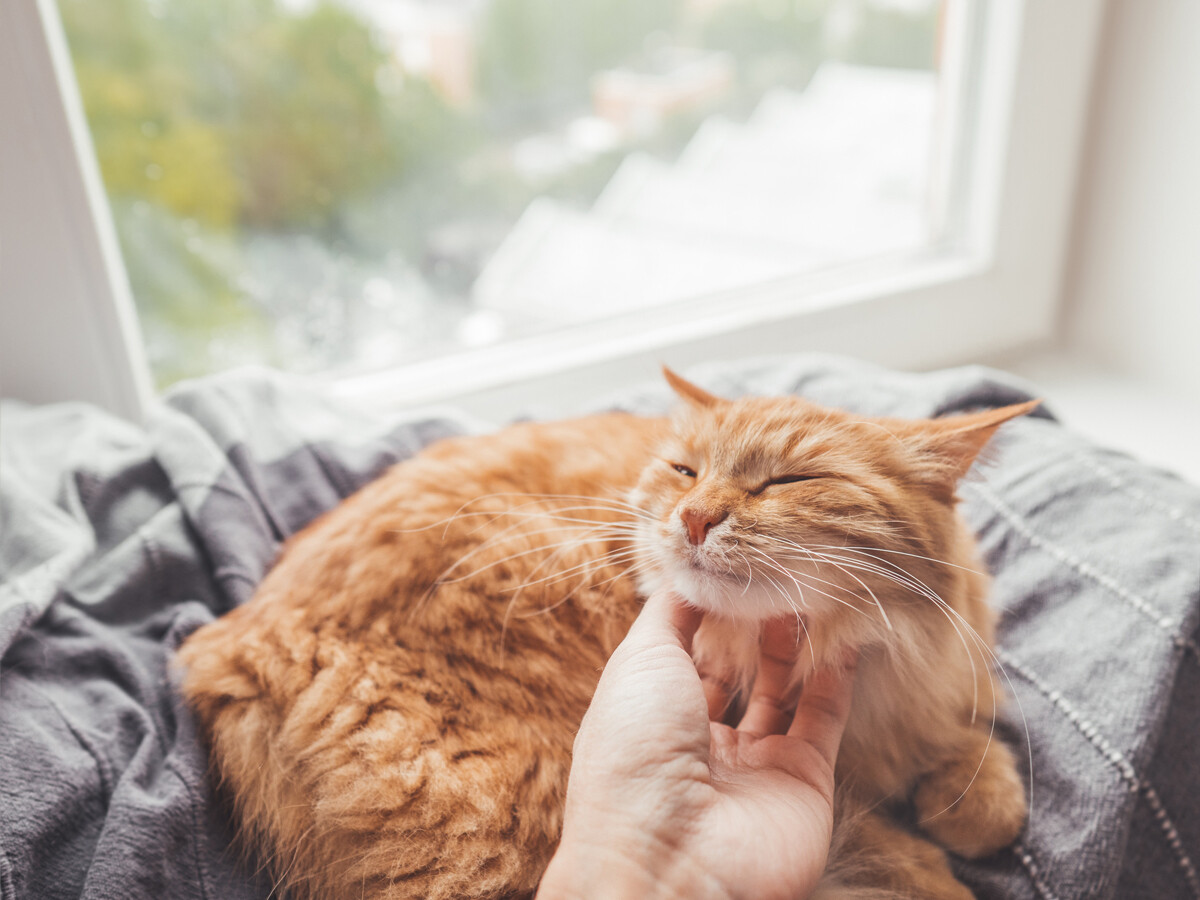
Unsurprisingly, ginger cats are often called ‘Ryzhik’ (which means ‘ginger haired’).
7. Kuzya
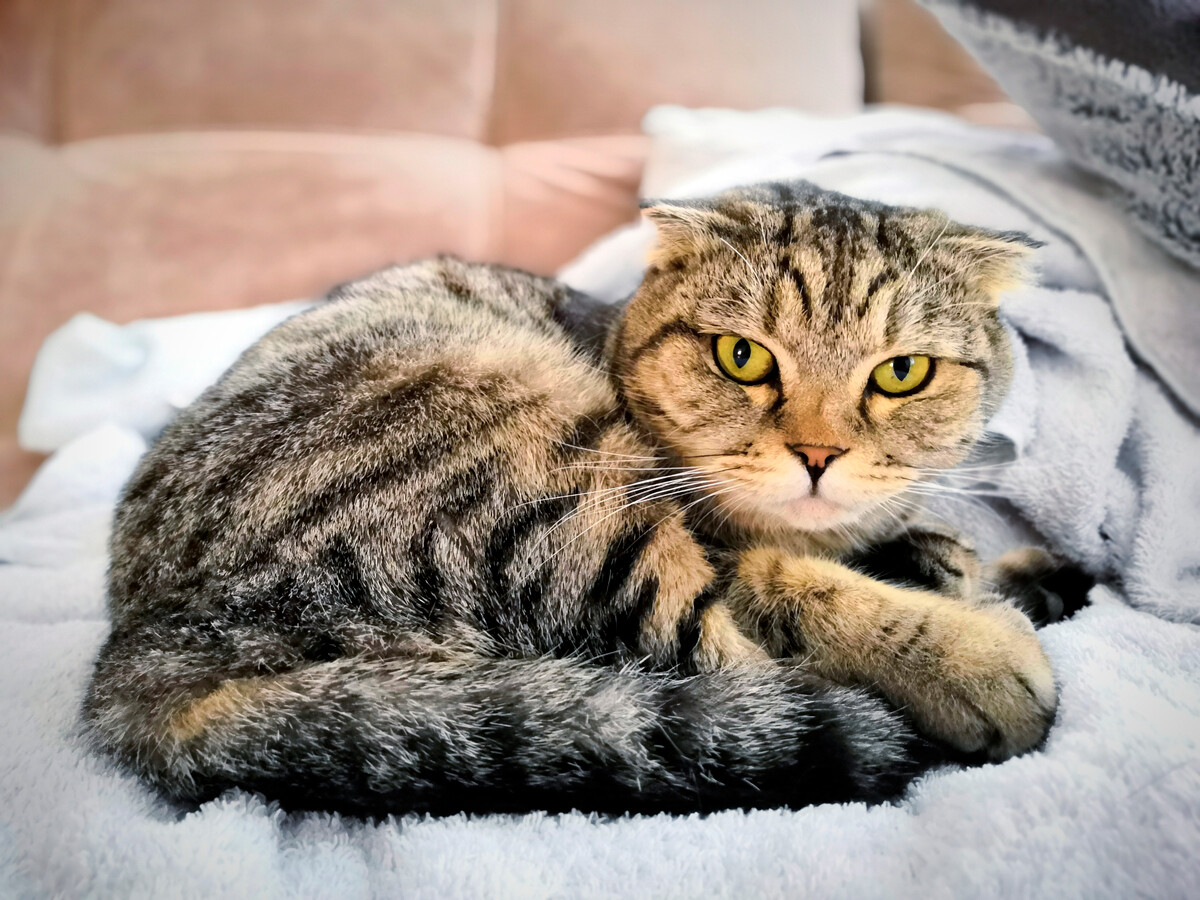
The masculine cat name ‘Kuzya’ is derived from the ancient Russian name (with Greek roots) ‘Kuzma’. It means “the universe, the world”. Interesting to note that, in Russia, there is an incredibly popular fairy tale about the domovoy (home spirit) Kuzya, the keeper of domestic comfort.
8. Alisa

‘Alisa’ (Russian name for Alice) is a feminine name for some pedigree cats. This name has become popular in Russia not only thanks to Lewis Carroll’s Alice in Wonderland, but also as the main character in the stories of science-fiction writer Kir Bulychev, as well as Alice the Fox from Alexei Tolstoy’s tale of ‘Buratino’. In recent years, the name has become popular among children, as well.
9. Snezhok or Snezhinka
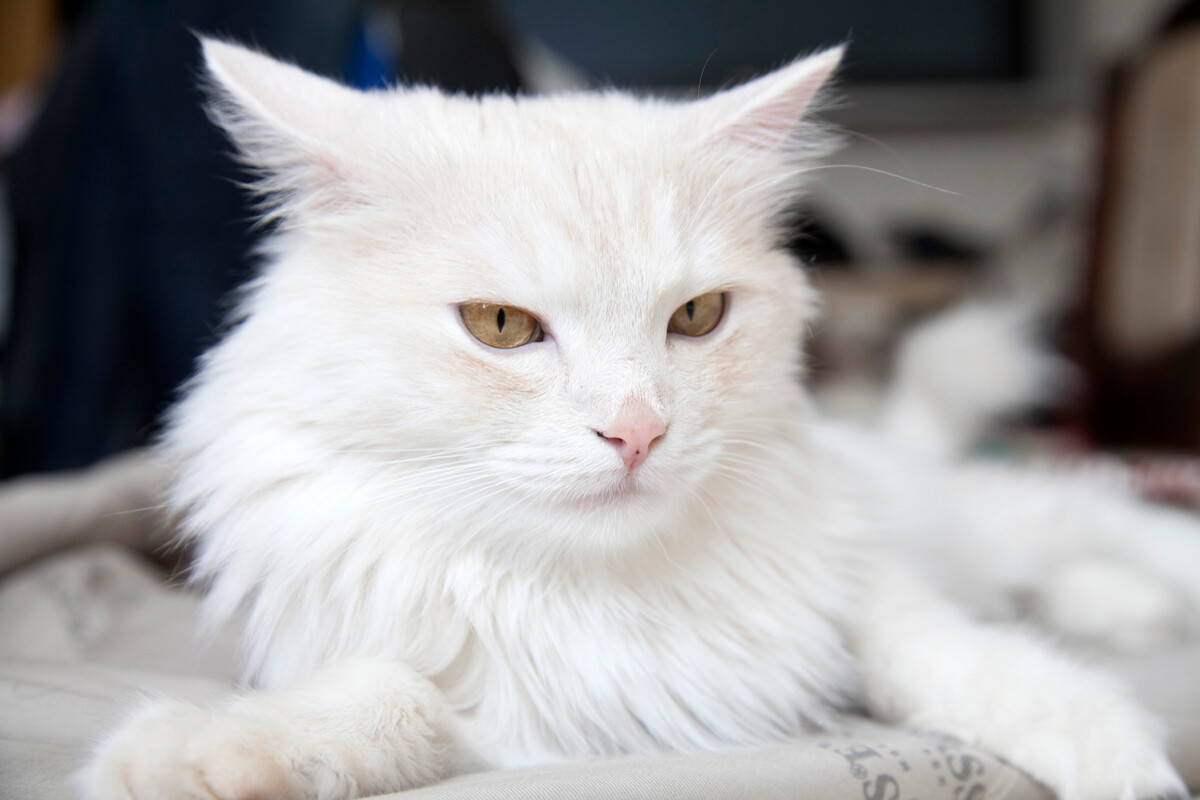
If you see a white cat in Russia, most likely its name will be ‘Snezhok’ (or ‘Snezhinka’ if it is a female cat). It is translated as ‘snowflake’.
10. Semyon
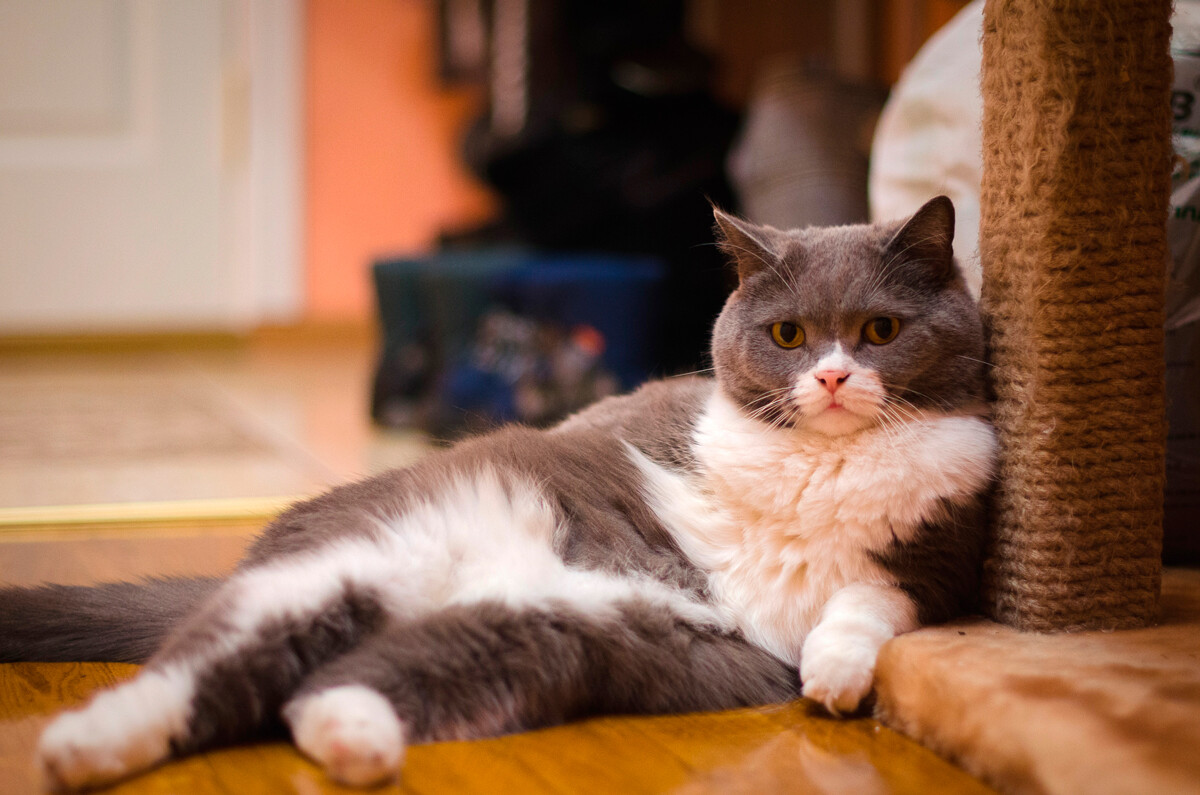
‘Semyon’, or ‘Syoma’, is a popular masculine name. In the city of Murmansk, there is even a monument to Semyon the Cat, who has been compared to Hachiko. In 1994, local media wrote about the cat, in which locals took with them on vacation to Moscow and accidentally lost him and he miraculously managed to reach his home in Murmansk (2,000 km!) on foot six years later!



